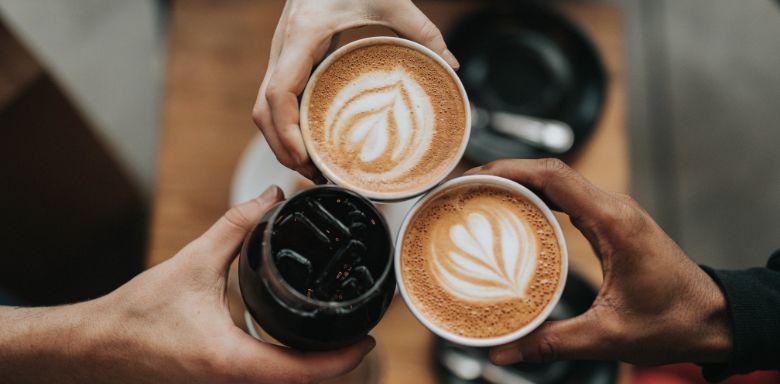7 Worst Drinks for Sleep Disorders
Many people overlook the simple fact that what you drink before bedtime can affect your rest. Certain beverages contain stimulants, sugars or substances that interfere with your body’s natural sleep–wake cycle, exacerbating insomnia and other sleep disorders. Below, we’ve outlined seven of the worst drinks for sleep disorders. For each, we explain why it’s harmful and how it can affect your sleep quality. Avoiding these beverages—especially in the hours leading up to bedtime—can help you reclaim more restful nights.
1. Coffee: The Queen of Caffeine
Coffee is the most obvious sleep-disruptor. A single 8-ounce cup contains 80–100 mg of caffeine, a potent stimulant that blocks adenosine receptors in your brain. Adenosine builds up during the day to induce drowsiness; when caffeine blocks it, you feel alert. With a half-life of around five hours, caffeine consumed in the afternoon can still be active at midnight, delaying sleep onset and reducing sleep duration.
2. Energy Drinks: High-Octane Alertness
Energy drinks often contain 160 mg or more of caffeine per serving, plus sugar and other stimulants like taurine and guarana. These combinations can spike adrenaline and cortisol, hormones that increase alertness and blood pressure. Even a single energy drink late in the day can make it difficult to fall asleep and may trigger nighttime anxiety or heart palpitations, both of which interfere with restful slumber.
3. Black and Green Tea: Stealthy Stimulation
Tea seems gentler than coffee, but an 8-ounce cup of black tea still contains 47 mg of caffeine, and green tea has around 29 mg. Both also contain L-theanine, which can promote focus. While L-theanine may calm you slightly, the caffeine content can override any relaxing effect, especially if you drink tea in the late afternoon or evening. This combination can shorten total sleep time and delay rapid-eye-movement (REM) sleep.
4. Soda and Cola: Sugar and Caffeine Double Whammy
Many sodas contain between 30–50 mg of caffeine per can, plus large amounts of high-fructose corn syrup or sugar. The sugar can cause a spike in blood glucose levels, followed by a crash that may wake you up. Combined with caffeine, sodas contribute to fragmented sleep and early morning awakenings. Even “diet" colas with artificial sweeteners can disrupt sleep by altering gut bacteria and increasing nighttime bathroom trips.
5. Alcoholic Beverages: The Misleading Sedative
Although alcohol can make you feel drowsy initially, it disrupts the later stages of sleep. Alcohol fragments deep slow-wave sleep and suppresses REM sleep, which is crucial for memory consolidation and emotional regulation. As alcohol is metabolized, it can trigger rebound awakenings, sweating and restlessness. Nighttime bathroom visits due to alcohol’s diuretic effect also interrupt sleep cycles.
6. Sweetened Fruit Juices: Sugar-induced Wakefulness
Fruit juices like apple, grape and orange juice are marketed as healthy, but a single cup can contain 20–30 grams of sugar. This rapid sugar influx can elevate blood glucose and insulin levels, causing an energy surge that keeps you awake. Within a couple of hours, blood sugar can plummet, potentially causing nighttime hunger or cortisol spikes that disrupt the remaining sleep period.
7. Matcha and Other Concentrated Caffeine Shots
Matcha powder, yerba mate and caffeine “shots" offer concentrated doses of caffeine—often 60–100 mg per small serving. While matcha’s antioxidants are beneficial, its caffeine content can delay sleep if consumed too late. These concentrated forms can also heighten anxiety and restlessness, making it harder for your mind to wind down at bedtime.
Better Bedtime Beverages: Restful Alternatives
- Herbal teas naturally free of caffeine, such as chamomile, lavender or valerian root.
- Warm milk or soy milk, containing tryptophan, which may promote relaxation.
- Tart cherry juice, a natural source of melatonin that can help regulate sleep cycles.
- Caffeine-free magnesium-fortified water or electrolyte drinks for hydration.
- Decaffeinated green or black tea (ensure “100% decaf" labeling).
- Light bone broth containing glycine, an amino acid that may improve sleep quality.
Keep reading to learn about heart-healthy foods to add to your diet.
